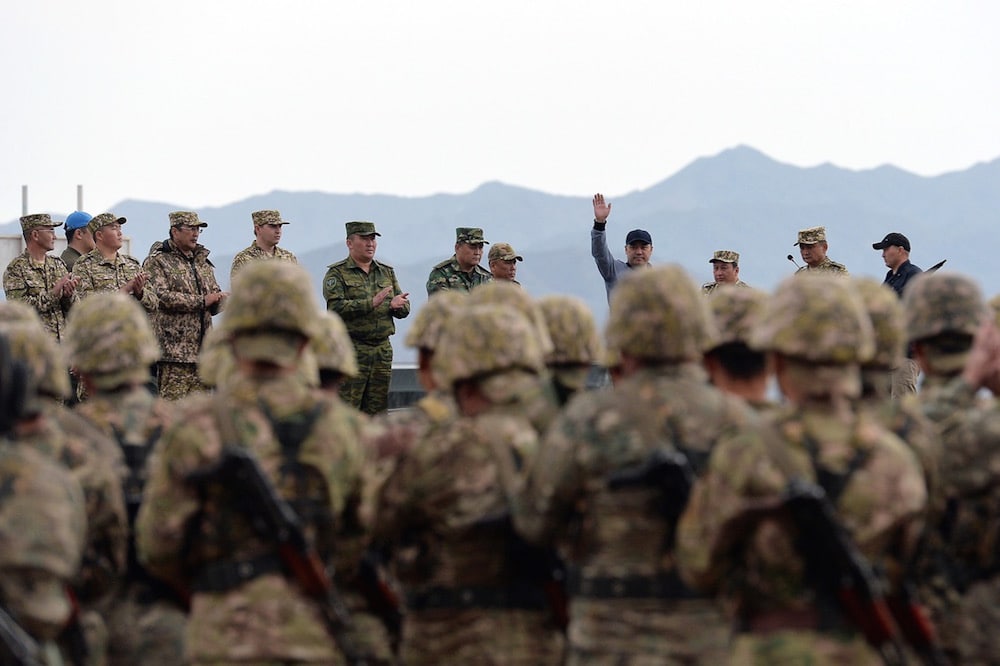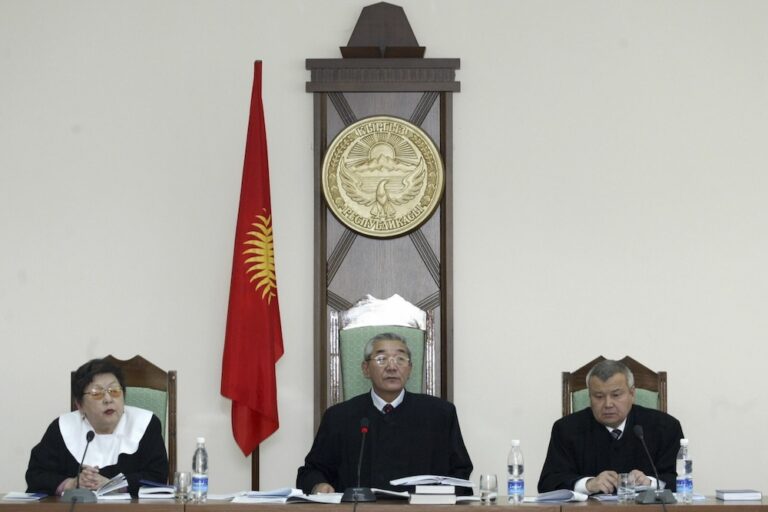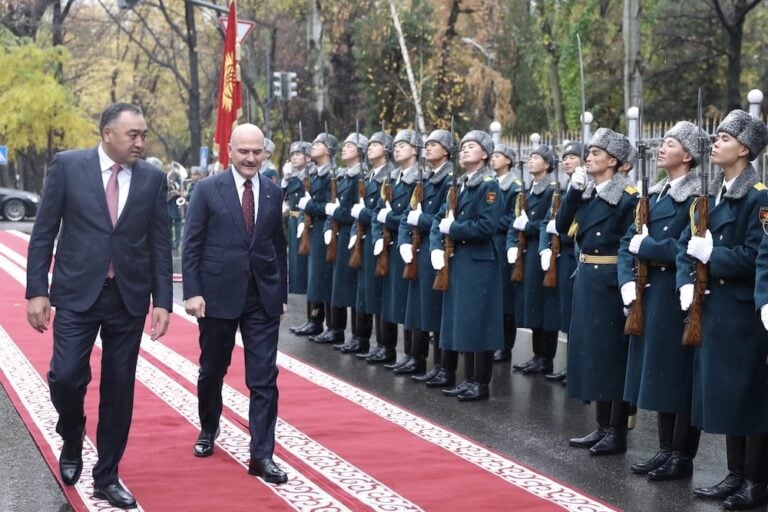The prosecutor general’s office has announced a criminal investigation into Kaktus.media after it republished an article, originally published by a Tajik news website, concerning a recent clash at the disputed border between Kyrgyzstan and Tajikistan.
This statement was originally published on cpj.org on 2 February 2022.
Kyrgyzstan authorities should drop their criminal investigation into independent news website Kaktus.media and allow all media outlets to operate freely, the Committee to Protect Journalists said Wednesday.
On Tuesday, the prosecutor general’s office announced a criminal investigation into Kaktus.media over its publication of an article, originally published by a Tajik news website, concerning a recent clash at the disputed border between Kyrgyzstan and Tajikistan.
The prosecutor’s office stated that the article, reposted from the Tajik website ASIA-Plus, inaccurately alleged that Kyrgyz soldiers fired the first shots in the confrontation, which could constitute a violation of Article 407 of Kyrgyzstan’s criminal code, which bans the “propaganda of war” and the publication of information “with the aim of provoking aggression or igniting military conflict.”
The penalty for conviction is a fine of up to 100,000 soms (US$1,180) or up to five years in prison, according to the criminal code.
Kaktus.media founder and director Dina Maslova told CPJ via messaging app that investigators summoned her and two of the outlet’s editors for questioning on Monday, and she believed the case was a part of authorities’ wider crackdown on the independent press in Kyrgyzstan.
“Kyrgyz authorities’ investigation into Kaktus.media for so-called ‘war propaganda’ offenses is absurd, and is an obvious attempt to intimidate and harass the outlet,” said Gulnoza Said, CPJ’s Europe and Central Asia program coordinator, in New York. “Republishing news from foreign outlets is not a crime. Authorities in Kyrgyzstan must immediately halt their investigation into Kaktus.media and let all independent outlets operate freely.”
Maslova told CPJ that such “war propaganda” charges have not been brought before in Kyrgyzstan to her knowledge, so she did not know how the case would develop.
Maslova said that Kaktus.media, one of the country’s most popular news websites, reprinted the ASIA-Plus article on the border conflict on the evening of January 27, but deleted it soon thereafter.
The next morning, following an outcry on social media, the outlet issued a statement explaining that the goal of publication had been to show the Kyrgyz public what kind of information Tajik authorities were distributing to their citizens. The Kaktus.media editorial team “has always adhered to and continues to adhere to the national interests of the Kyrgyz people,” the statement said.
Later that day, a small group of demonstrators protested outside Kaktus.media’s office, calling for the outlet to be closed down and making calls against other prominent independent outlets, according to news reports.
On the evening of January 31, state news channel Ala-Too 24 broadcast a report on Kaktus.media, and called for outlets to be held accountable for publishing false information; that report did not mention that the article in question was a reprint.
Since January 28, Kaktus.media has reported a number of attempts to hack its Instagram account and the personal accounts of its journalists on social media platforms, and the outlet has been subject to trolling and distributed denial of service (DDoS) attacks, reports said.
On January 31, dozens of media outlets, journalists and media advocacy organizations published an open letter calling on authorities to stop their “mass attack” on media outlets and journalists through criminal cases, coordinated trolling, and surveillance.
CPJ emailed the prosecutor general’s office for comment, but did not immediately receive any reply.



